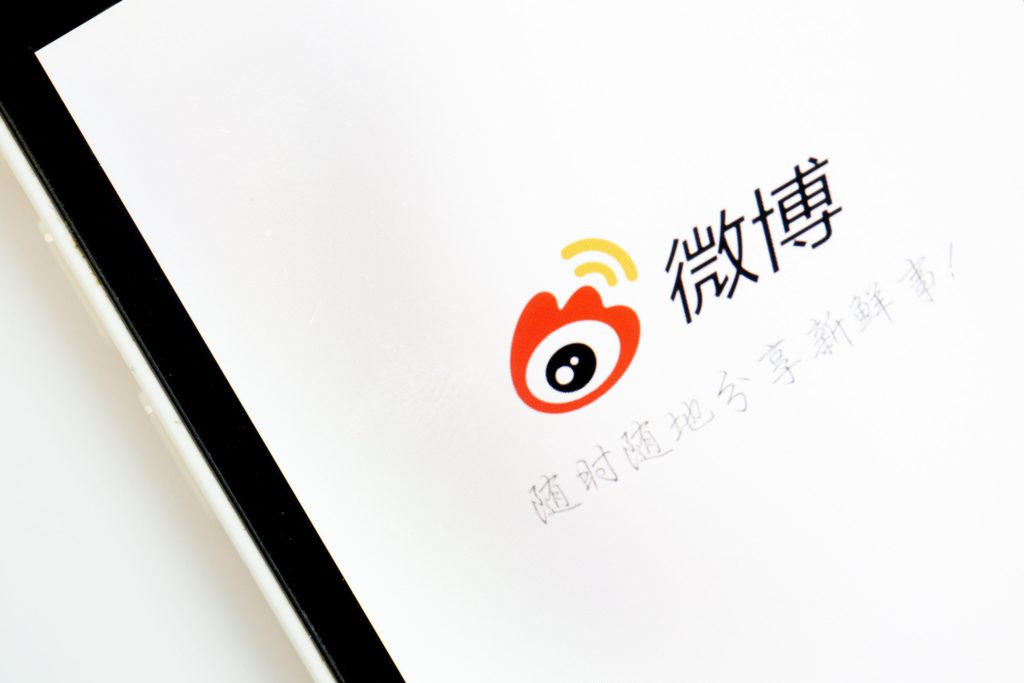(Bloomberg) — One of China’s largest social media companies closed stock-tipping accounts with millions of followers as it heeds Beijing’s call to cleanse content deemed harmful to the country’s economy.
Weibo Corp., which operates the country’s Twitter-like website with about half a billion active users, shut down at least 52 user accounts due to violations of new rules on economic and finance-related information, according to a statement late Wednesday. The largest account — called GuSheQu or “Community of Stocks” — had 3.25 million followers.
The chat rooms typically charge followers to join in return for stocks tips. One provided instructions on how to trade the Shanghai Composite Index, recommending in May that users buy “boldly” at around 3,482 to 3,488 points.
Another account, whose name roughly translates to “Stock Up to the Sky,” told users on March 12 to buy shares of Henan Mingtai Al Industrial Co., a Shanghai-listed maker of aluminum foil that’s up 98% since the post. Two of the account’s other stock picks lost more than 10%.
Others commented on sensitive macro policy issues, such as China’s population, while several accounts uploaded screenshots or quotes from foreign media articles, including those published by Bloomberg News.
Weibo’s interpretation of the new rules provides insight into what type of content authorities may deem harmful to China’s economy. The campaign, which was announced by the cyberspace administrator late Friday, enlisted commercial websites and platforms to remove content that “maliciously” bad-mouths China’s financial markets or misinterprets domestic policies and economic data.
The move is aimed at cultivating a “benign” online environment for public opinion that can facilitate “sustainable and healthy development” of China’s economy and its society, according to last week’s announcement.
State media in June said regulators were against the practice of analysts setting specific stock-index targets or predictions.
Media outlets in China often influence the market by downplaying recent turbulence or discouraging excess. When the country’s stocks sank in March, a Weibo search for the Chinese equivalent of “stock market” generated no posts on its web version. In 2019, posts about threats from then-U.S. President Donald Trump to impose more tariffs on Chinese exports were removed from social media.
More stories like this are available on bloomberg.com
©2021 Bloomberg L.P.











